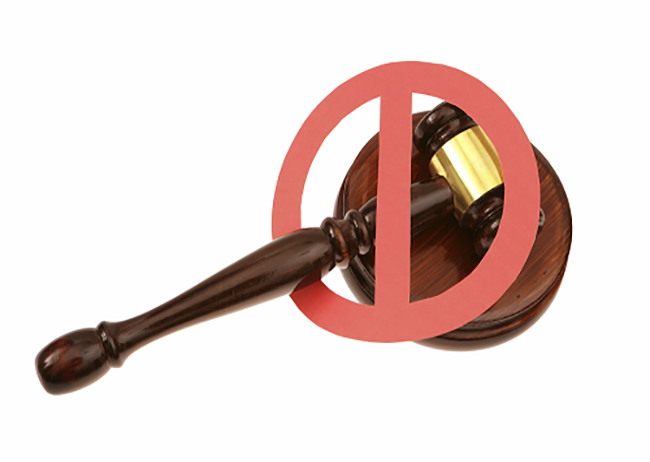Blog

What is a Lack of Probable Cause for a Wrongful Use of Civil Proceedings Claim
/ 18.Jan, 2012Pennsylvania is unusual with respect to the extent that wrongful use of civil proceedings claims, also known as Dragonetti claims, are used not only as a shield but a sword. Professional liability avoidance in Pennsylvania requires an understanding of what constitutes that sword. We have previously written on the first prong of a wrongful use of civil proceedings claim, termination. Today, we will focus on the second prong, the existence of probable cause to pursue the original action.
Wrongful use of civil proceedings is codified at 42 Pa.C.S.A. § 8351. Section 8351 provides:
(a) A person who takes part in the procurement, initiation or continuation of civil proceedings against another is subject to liability to the other for wrongful use of civil proceedings:
(1) He acts in a grossly negligent manner or without probable cause and primarily for a purpose other than that of securing the proper discovery, joinder of parties or adjudication of the claim in which the proceedings are based; and
(2) the proceedings have terminated in favor of the person against whom they are brought.
42 Pa. C.S.A. § 8351(a). Accordingly, a cause of action for wrongful use of civil proceedings requires a plaintiff to allege and prove three elements: (1) the underlying proceeding was terminated in favor of the plaintiff, (2) the defendant caused these proceedings to be instituted without probable cause or with gross negligence, and (3) the proceedings were instituted primarily for an improper purpose.
As our Superior Court recently reaffirmed in Keystone Freight v. Stricker, 2011 Pa. Super. 216 (Pa. Super. 2011), “[a]bsence of probable cause is an indispensable element of a Dragonetti claim, and it is not conclusively established by a jury verdict in the prior proceeding.” The plaintiff bears the burden to prove the lawyer defendant acted without probable cause when initiating the underlying proceedings. Cosmas v. Bloomingdales Bros., Inc., 660 A.2d 83, 86 (1995); Amicone v. Shoaf, 423 Pa.Super. 281, 285, 620 A.2d 1222, 1224 (1993). “The existence of probable cause is a matter of law for the court to decide.” Gentzler v. Atlee, 443 Pa. Super. 128, 660 A.2d 1378, 1382 (Pa.Super. 1995); see also, Jaindl v. Mohr, 637 A.2d 1353 (Pa. Super. 1994); Meiksin v. Howard Hanna Co., 590 A.2d 1303, 1305 (Pa. Super. 1991).
The standard for determining the existence of probable cause in an action for wrongful use of civil proceedings is found in 42 Pa.C.S. 8352:
A person who takes part in the procurement, initiation or continuation of civil proceedings against another has probable cause for doing so if he reasonably believes in the existence of the facts upon which the claim is based, and either:
1. Reasonably believes that under those facts the claim may be valid under the existing or developing law;
2. Believes to this effect in reliance upon the advice of counsel, sought in good faith and given after full disclosure of all relevant facts within his knowledge and information; or
3. Believes as an attorney of record, in good faith that his procurement, initiation or continuation of a civil cause is not intended to merely harass or maliciously injure the opposite party.
The plaintiff’s burden to disprove the existence of probable cause or prove gross negligence is extremely high. “Lawyers can safely act on the facts stated by their clients.” Meiksin, 590 A.2d at 1307. A lawyer does not have to verify the accuracy of his client’s representations. Hong v. Pelagatti, 2000 Pa. Super. 373, 765 A.2d 1117, 1122 (2000).
In McNeil v. Jordan, 586 Pa. 413, 436-437 (Pa. 2006), the Pennsylvania Supreme Court noted at length that “probable cause,” as defined by the wrongful use of civil proceedings act, is a less rigorous standard than that necessary to a prima facie case in order to survive preliminary objections. The logical inference from this is that if the underlying action survived preliminary objections, there was probable cause, however, our courts have not yet ruled on that contention.
The takeaway for lawyers is to examine your clients claims before any action is commenced to make certain that you will be able to establish that there was probable cause to commence them should a Dragonetti action be brought against you.


Comments